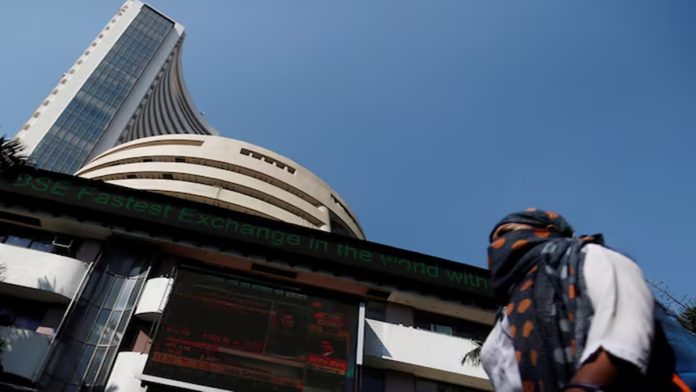The National Stock Exchange (NSE) has revised the eligibility criteria for stocks listed on other exchanges to get directly listed on its mainboard platform. The exchange has raised minimum net worth of such companies to Rs 75 crore for each of the three previous years from the existing Rs 10 crore. If not, the security should have a market capitalisation of over Rs 1,500 crore for six months prior to filing an application for listing on NSE.
Also ReadSEBI proposes higher lot size, longer promoter lock-in for SME IPOs
The NSE also said that a company should either have Rs 1,000 crore in revenues or be Ebitda positive for each of the three previous years. The new norms will come into effect from December 1. It has also tweaked norms regarding minimum net worth requirement, minimum number of public shareholders and other trading parameters.
The existing norm for paid-up capital has been eased. As per the current norms, a company needs to have a minimum paid-up capital of Rs 10 crore for three consecutive years. Now, a company will only need to have a minimum paid-up capital of Rs 10 crore at the time of filing the application for direct listing.
Also ReadLast hour selling dampens relief rally
The existing criteria of minimum three years of listing history remains unchanged. Other trading parameters needed as per the new norms include a minimum average daily turnover of Rs 1 million during last six months and a minimum 50 average daily number of trades in the last six month, etc.
The exchange has also increased the minimum number of public shareholders on the date of application to 1,000 from the current 500.
» Read More


